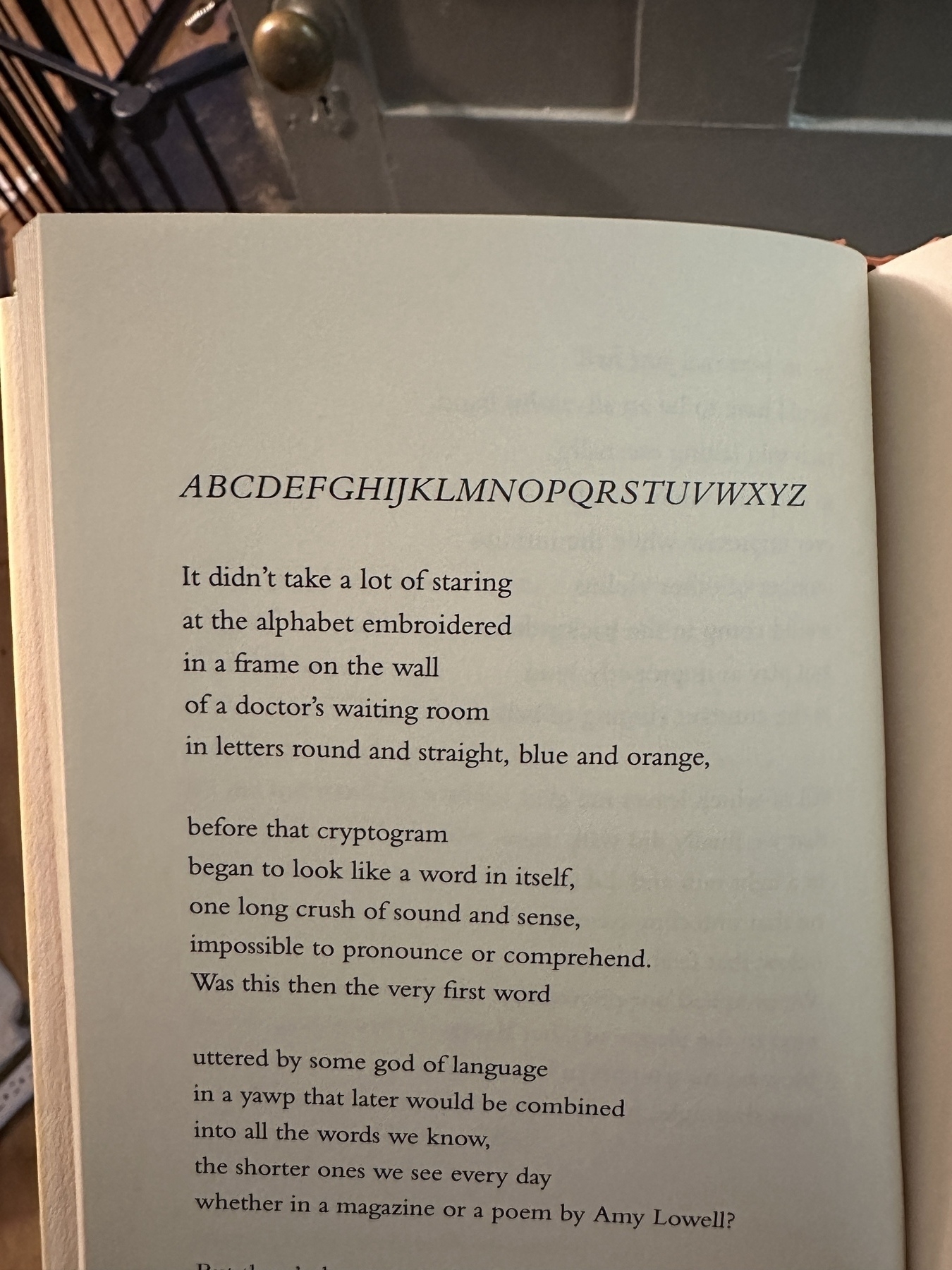Excellent conversation between Francis Fukuyama and Jonah Goldberg on the Remant podcast. Finally something — both substantively and tonally — that I can share with my political, uh… antagonists.
For comparison: I’m a longtime listener of the Dangerous Dogma podcast, and I tried listening earlier this week to Brain Kaylor’s interview with Paul Raushenbush. And, even though I mostly agree with them, I just found it — again, tonally and substantively — unbearable to listen to.
I think one of the primary lessons that we still collectively refuse to learn is that if we can’t cross party lines, can’t bring ourselves to even want to speak intelligibly or listen empathically across those lines, then things will only get worse. And, you can only do this yourself; you cannot make anyone else do it.
It’s one thing to post, share, or even scream into the void. I do a fair amount of that myself. It’s another thing — and I believe a much worse thing — to post, share, and scream continually if not exclusively into a crowd of clapping hands.
So I’m sure my extreme dehydration for shareable things is playing a big part here, but I do think this Remnant interview was just a good conversation on the merits. I’m not saying there’s anything groundbreaking here. It was just nice to feel like I was listening to a politics conversation that had the possibility to go beyond itself.







